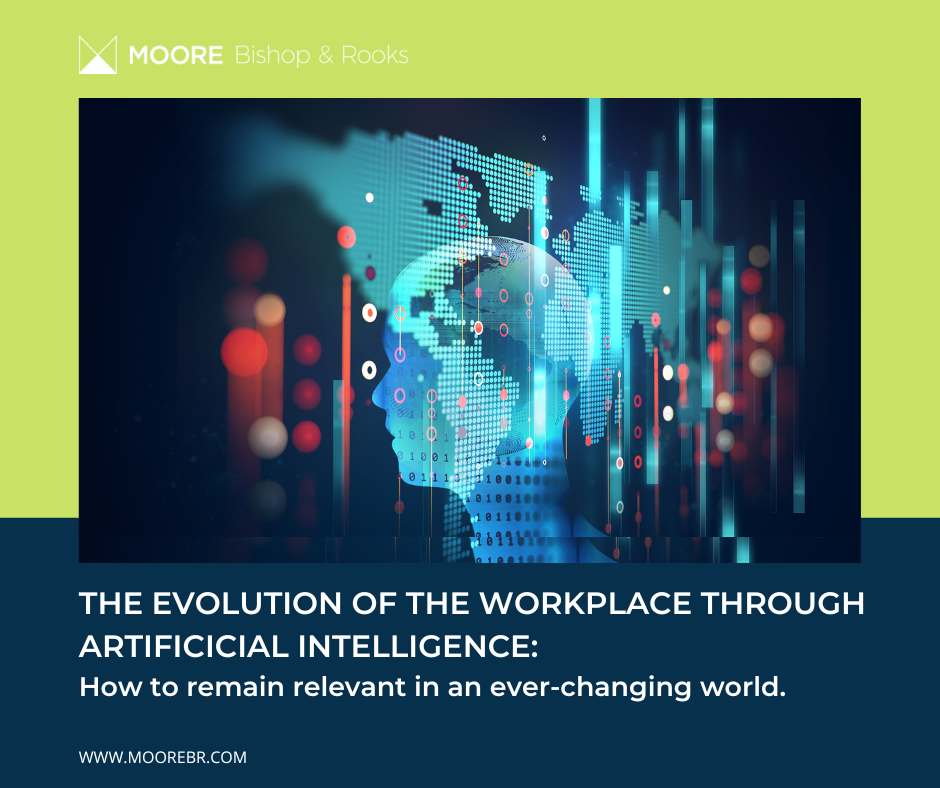How to remain relevant in an ever-changing world.
The ability of the human mind to reason, discover meaning, generalize, learn from past experiences and the application of lessons learnt to similar future situations is the core purpose of the development of artificial intelligence (AI) for computers and robots. Research in AI has focused chiefly on the following components of intelligence: learning, reasoning, problem solving, perception, and using language. All skills which the average human goes through studies in systems of education for. Developers use artificial intelligence to more efficiently perform tasks that are otherwise done manually, connect with customers, identify patterns, and solve problems.
Over the years, several attempts have been made by film writers to create the perceived future that artificial intelligence will create. As fictional as these movies may seem, we are slowly drawing closer to the age of living in the era of a “smart society” even though the perks of the inclusion of artificial intelligence in our organizations have begun to become evident as AI technology will increasingly play a role in how we are recruited, onboarded, go about on-the-job training, personal development, and eventually passing on our skills and experience to those who follow in our footsteps.
Statistically, 37% of businesses and organizations employ AI. 9 out of 10 leading businesses have investments in AI technologies, but less than 15% deploy AI capabilities in their work. Artificial intelligence has revolutionized the 21st century business modus operandi by automating repetitive operations across board thus, freeing up staff to focus on innovative solutions, difficult problem solving, and high-impact work. Recently common means by which this is achieved include the use of chatbots for teams who have daily, direct interactions with consumers and rely on rapid, accurate, and responsive customer care, the engagement of AI in deciphering large volumes of data and gaining valuable insights without the need for data scientists on staff.
Artificial intelligence in the workplace can also improve operational efficiency. Many businesses are looking for new and innovative ways to use AI in the workplace to automate building operations and generate reports and alerts. These technologies, dubbed AIOps, open the path for improved operations as well as all associated and subsequent procedures. Companies can attain the levels of agility and scalability required to stay up in today’s fast-paced, ever-changing workplace because they leverage both historic and real-time operational intelligence.
There are a few jobs that require talents that may be mechanized in the future hence, validating the fears of many that believe artificial intelligence is out to “take away their jobs”. Data entry operators, translators, and customer service centers are just a few examples of these jobs. The day-to-day responsibilities of these positions consume a significant quantity of personnel and salary resources. Businesses frequently believe that the investment in time, effort, and money is not always justified. This is where automation aided by AI can step in and take things into its own hands but what then becomes the future of these job holders?
It has been predicted that the rise of AI will eliminate 85 million jobs and create 97 million new ones by 2025. What employees should do now that artificial intelligence is progressively replacing human involvement is to be begin exploring new opportunities and sharpening their skills right away. As employees learn how to use AI as a facilitator, they will be presented with innumerable opportunities. Creating the time and energy for strategic thinking and creative execution in preparation for the time when AI would handle everyday jobs, even in the midst of our fast-paced world has become quintessential. This is not only a good strategy to combat the perceived threat of artificial intelligence in the workplace, but it also allows individuals to advance faster in their careers and find more meaning in their jobs.
No one can say with certainty what the future of work will look like. But many elements are already in place, and employers should think long and hard about how their workplace will evolve as the “future” becomes the present. One of the many calls to action for them will be to spur their workers by the creation of systems and structures that will enable their team to “level up” their skills to prepare themselves for a time where the majority of the work required from them would be to focus on projects that require qualities and skills unique to humans: creativity, complex problem-solving, and critical thinking. This will ensure employee relevance even as the world continues evolves.
